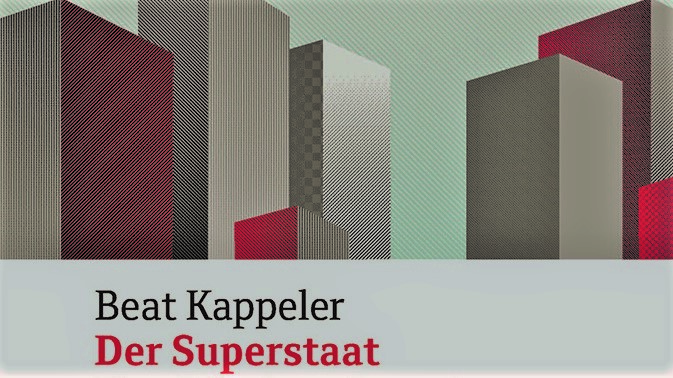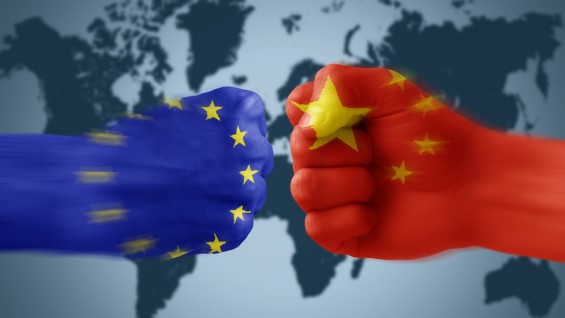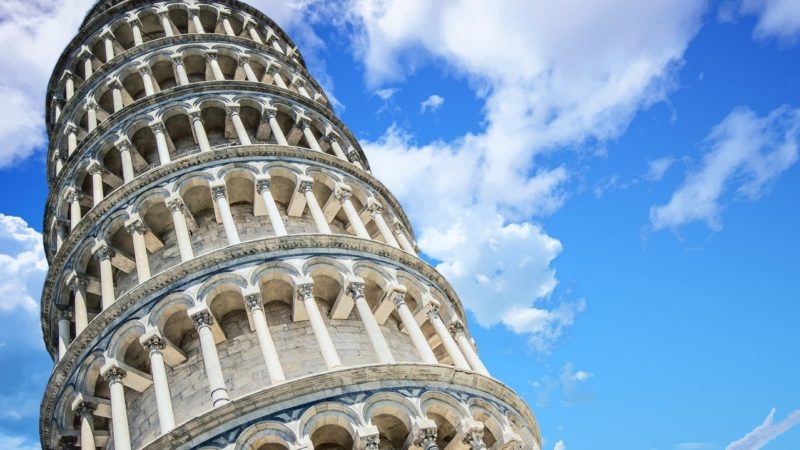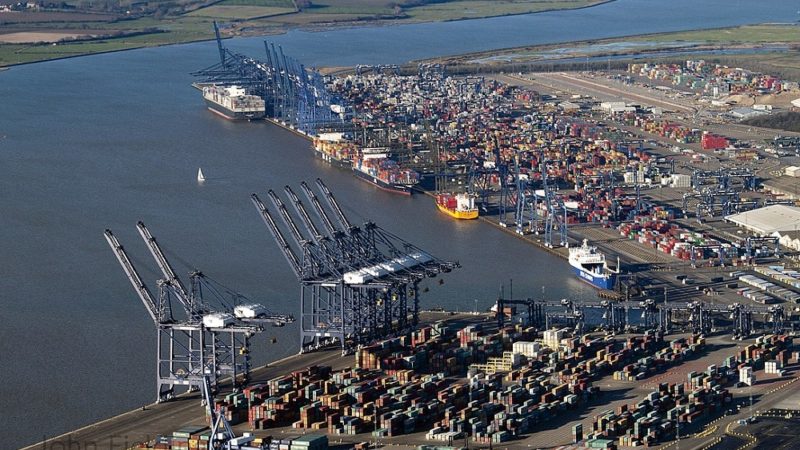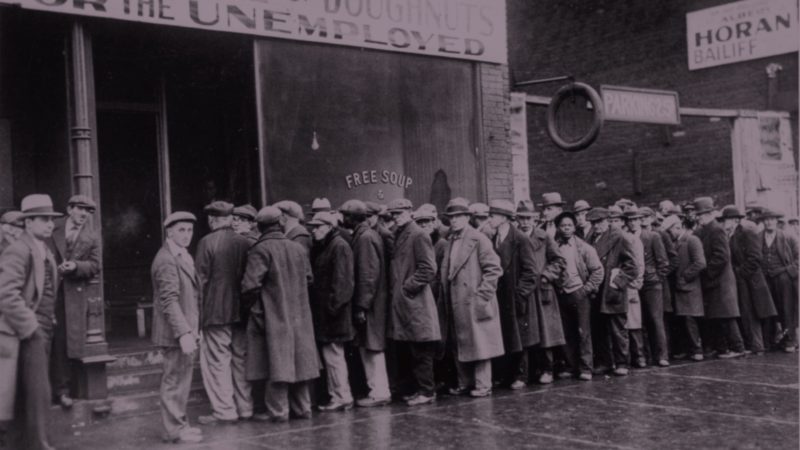Our Superstate: Controlled by Party Headquarters, Bureaucracies—and Central Banks
A new book by Beat Kappeler shows that the separation of powers is being undermined, parliaments are being commanded by governments and bureaucracies, and the debt economy is being financed by central banks. The author also proposes remedies for these issues.
For Eurozone Countries, the Problem Is Not So Much the Coronavirus, but Italy
The Italian people are hardworking, noble, and clever but held back by their own decadent institutions. With no end in sight, this mess hurts the entire European monetary union. It would be better for Italy and the other eurozone nations if Italy had an orderly departure from the euro.
The Euro Illusion: From a Project of Integration to a Green Planned Economy
At first it seemed as if the new President of the European Central Bank (ECB) Christine Lagarde would simply continue the loose monetary policy of her predecessor. But now she has announced a green policy shift. This marks the beginning of a whole new act in the euro drama.
Philipp Bagus: “The Fear of Deflation Is Unfounded”
Many economists, policymakers, and central banks are afraid of deflation. Generally speaking, they do not even distinguish between different causes of price deflation—i.e. between price deflation caused by growth and price deflation caused by contractions in credit. In this interview, the economist Phillipp Bagus says that these fears of deflation are misguided.
On the Abuse of Monetary Policy
The euro has been a political project since its inception. That is why the independence of the European Central Bank was also in danger from the outset. In the end, it always came down to the alternative “Cambridge or Vienna” or, rather, “Keynes or Hayek.” The option for Keynes led to an increasing politicization of monetary policy in the European Monetary Union.


